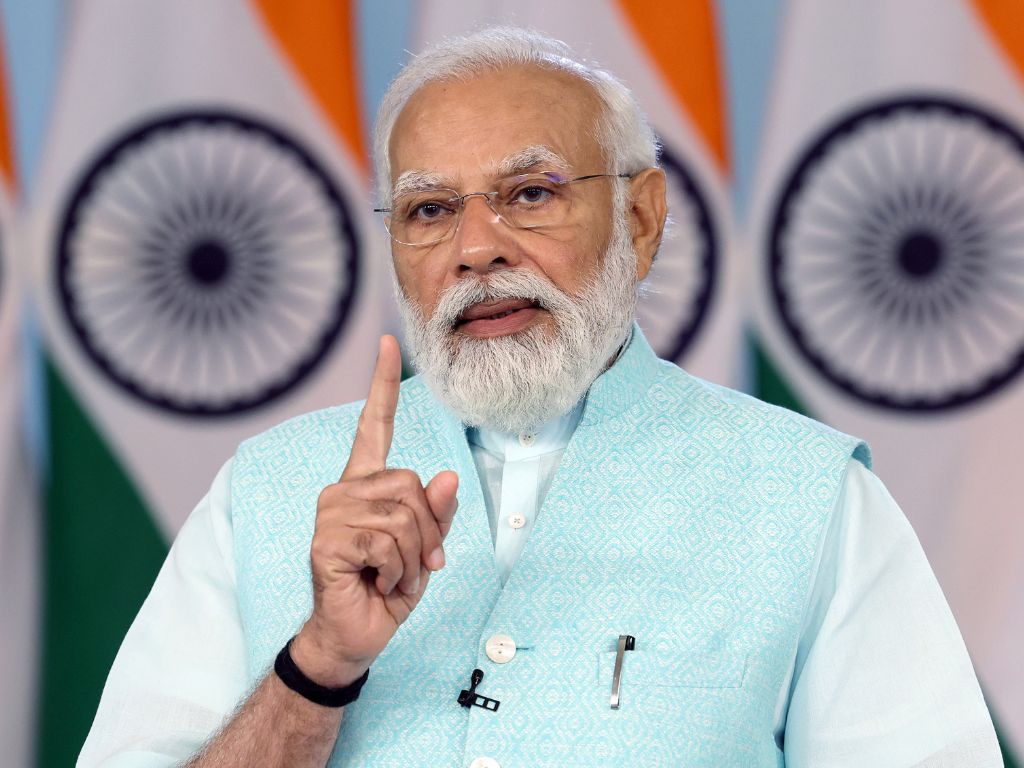- Thursday, April 24, 2025
The Allahabad high court acted after a public interest litigation was filed by an activist who felt it should not be shown as it would harm India’s social harmony.

By: Shubham Ghosh
A COURT in India has barred the screening of an Al Jazeera documentary about the country’s Muslim minority community, stoking fears that the right to criticise the Narendra Modi government is being compromised.
The Allahabad high court acted after a public interest litigation was filed by an activist named Sudhir Kumar, who said he had learned from news reports that the documentary “Who Lit the Fuse?” portrayed the Muslims in India, numbering more than 170 million, as living in fear of the Modi government, The Guardian reported. He also alleged that it showed the state agencies acting against the community’s interests, the report added.
Kumar said that the documentary should not be shown as it would harm India’s social harmony.
The court agreed and said in its ruling, “Considering the evil consequences that are likely to occur on the broadcast of the film … we are of the view that the broadcast be deferred pending consideration of the cause in the present petition.”
The judges also said the government should not ensure the document was not broadcast till it got the “requisite certification”.
The ruling irked free speech activists who accused the government of systematically reducing the space for dissent in India.
Colin Gonsalves, a lawyer in India’s Supreme Court, said unlike films, which need to receive certification before going for public screening, documentaries did not require any prior approval. He also said that the apex court had clarified a number of times that the right to free speech included the right to express opinions that are critical of the government, The Guardian report added.
Calling the Allahabad high court’s pre-emptive ban as illegal, Gonsalves said the state could only restrict a broadcast if it might affect the nation’s security or its good relations with neighbours. He also said that a documentary could be banned once it is screened and if it causes riots, and not pre-emptively.
It was earlier this week that the former CEO of Twitter, Jack Dorsey, said in an interview that the government had threatened to close down the social media platform and raid its employees’ homes over posts that criticised the government over its handling of the farmers’ riots in 2021. Rajeev Chandrasekhar, India’s junior minister for information technology, refuted the claims and said it was an “outright lie”.
In January, the Modi government stopped the broadcast of a BBC documentary that looked critically at the role of Modi as the chief minister of the state of Gujarat when riots broke out there in 2002. The government invoked emergency laws to ban links and clips of the documentary so that it could not be shared online.
In February, there were also income-tax ‘surveys’ at the offices of the broadcaster in Delhi and Mumbai which enraged the free speech activists.